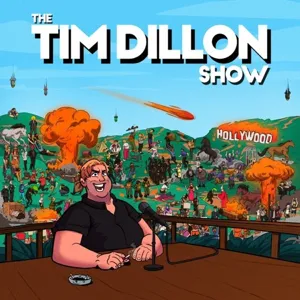“What if instead of a feelings advocacy we had an outcome advocacy that put equitable outcomes before our guilt and anguish?” wrote Ibram X. Kendi in his 2019 book “How to Be an Antiracist.” “What if we focused our human and fiscal resources on changing power and policy to actually make society, not just our feelings, better?”
When I first read “How to Be an Antiracist” in the fall of 2019, I was struck by Kendi’s relentless focus on outcomes. For him, racism wasn’t about what you intended, or what you felt. If a given policy or action reduced racial inequality, it was antiracist; if it increased racial inequality, it was racist. If you support policies that reduce racial inequality you are being antiracist; if you aren’t, you’re being racist. That’s it.
These days, Kendi needs little introduction. “How to Be an Antiracist” has become one of the signature texts of the post-George Floyd moment. And Kendi himself has become a central figure of the antiracist movement, having launched a vast array of projects, from his new podcast, “Be Antiracist,” to his children’s book “Antiracist Baby” to his Center for Antiracist Research at Boston University.
But I’ve often wondered about the genuine radicalism of Kendi’s work as it has phased from book to phenomenon. There are certainly some people who are doing the real, hard analytical and empirical work that Kendi actually calls for. But a lot of what occurs under the banner of “antiracism” is putting up yard signs, publicly acknowledging privilege and issuing statements of solidarity without the consequentialist analysis he demands.
So I wanted to have a conversation that really took Kendi’s approach to antiracism seriously. Spoiler alert: It’s hard. We discuss policy issues ranging from police defunding to open borders and interest rates, the research on corporate diversity and inclusion trainings, the political tradeoffs of Barack Obama’s presidency, the cases where a policy might reduce racial inequality but the backlash to it might increase it, the right-wing assault on critical race theory, visions of a positive-sum racial future and much more.
References:
Stamped from the Beginning by Ibram X. Kendi
Book recommendations:
Dying of Whiteness: How the Politics of Racial Resentment Is Killing America's Heartland by Jonathan M. Metzl
The Sum of Us: What Racism Costs Everyone and How We Can Prosper Together by Heather McGhee
Race for Profit: How Banks and the Real Estate Industry Undermined Black Homeownership by Keeanga-Yamahtta Taylor
You can find transcripts (posted midday) and more episodes of "The Ezra Klein Show" at nytimes.com/ezra-klein-podcast, and you can find Ezra on Twitter @ezraklein.
Thoughts? Guest suggestions? Email us at ezrakleinshow@nytimes.com.
“The Ezra Klein Show” is produced by Annie Galvin, Jeff Geld and Rogé Karma; fact-checking by Michelle Harris; original music by Isaac Jones; mixing by Jeff Geld, audience strategy by Shannon Busta. Special thanks to Kristin Lin.












